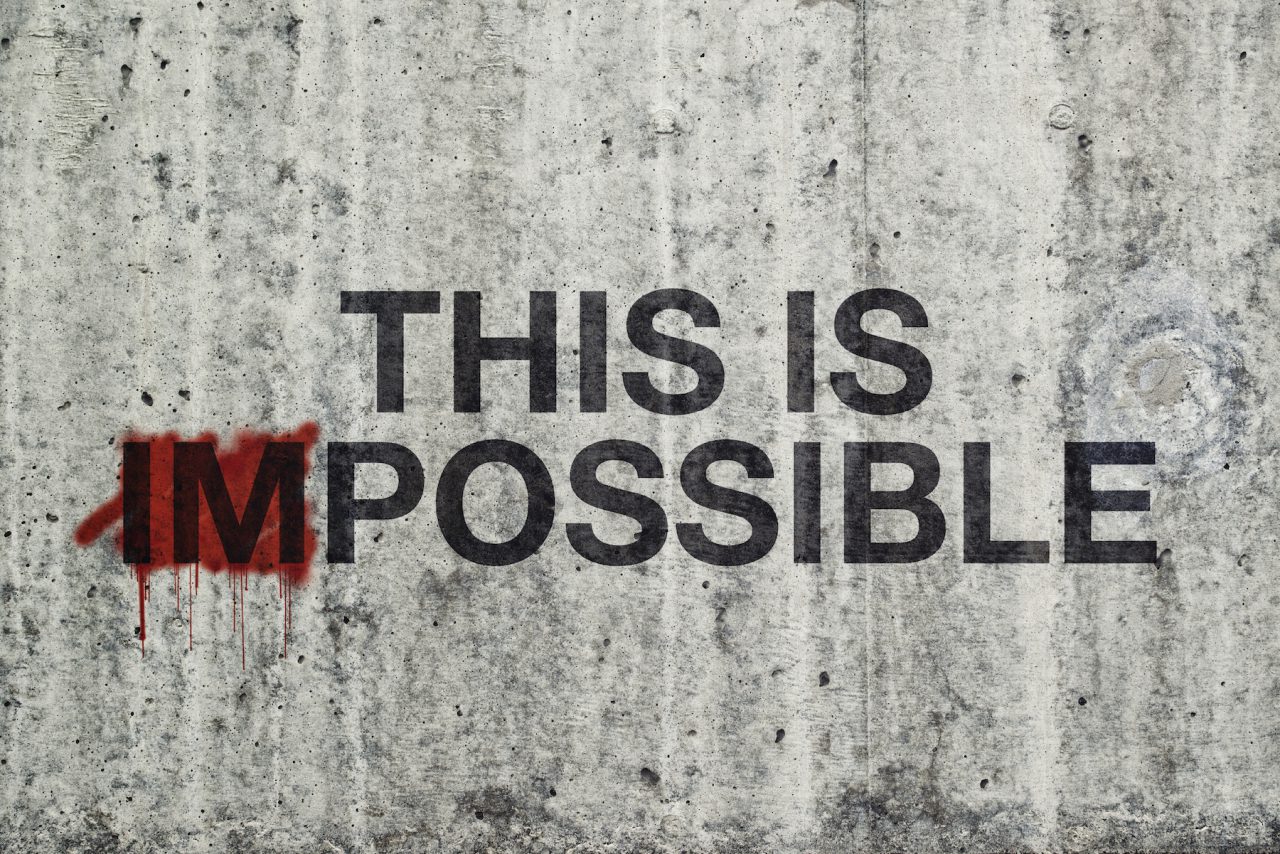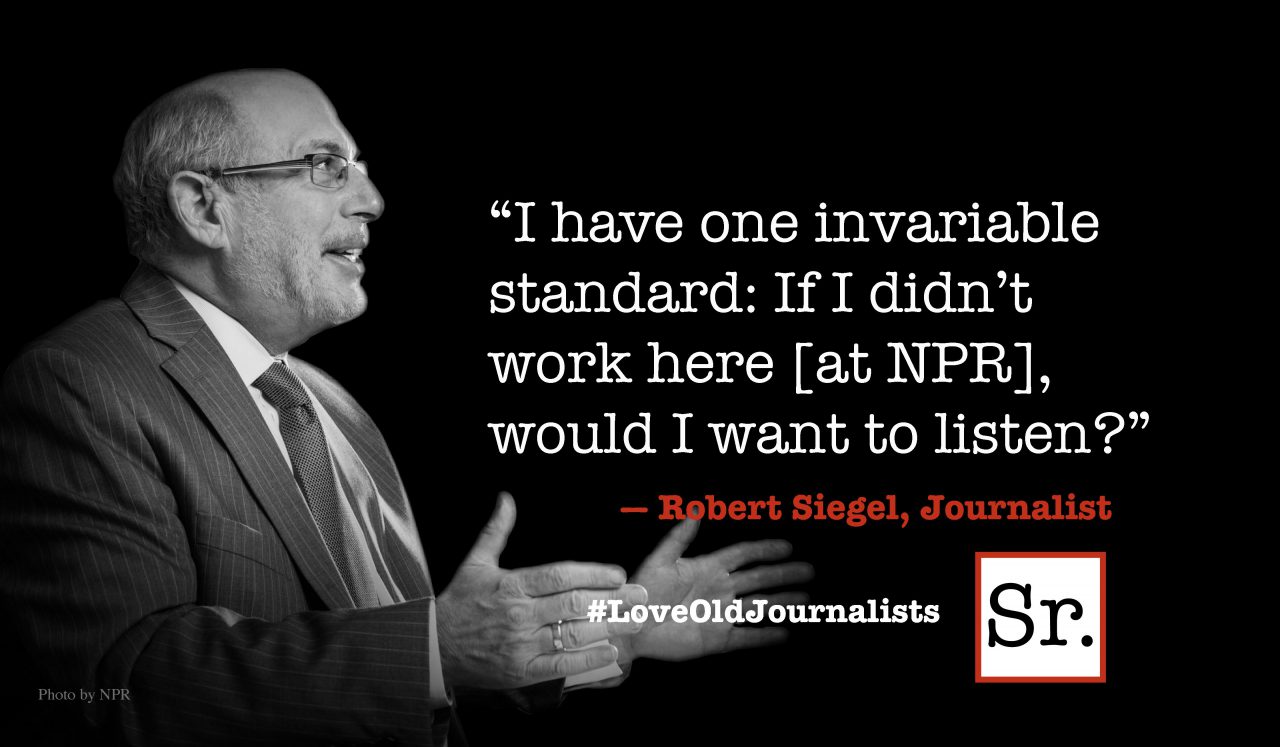At the beginning of eighth grade, my parents moved us to a new town and right next door to my grandparents. As exciting as that was, I quickly discovered the students in my new school were light years ahead of me in math. My wonderful grandfather took it upon himself to help me study nearly every day after school. I loved spending time with him. He was self-educated and could put challenging concepts into simple terms, make math interesting and even fun. My grandmother saw to the cookies and milk, which most certainly helped. The tutoring continued for quite some time, until my grandfather died suddenly one beautiful spring day.
I was devastated on many levels. I would ultimately earn a D in math that year and bad math grades haunted me throughout high school. As I racked up those grades, I told myself that I surely must not be college material. So I found a job after high school graduation and began working.
At 23, I worked for a company that reimbursed college tuition 100%. Still firmly believing that I was not college material, I thought I might just take one or two evening courses to see what it was like. I knew darned well I didn't belong in college, but something bigger than fear of math pulled me into enrolling in a class called Art Appreciation. Surely, there were no numbers in such a class. I found that while I had to work hard, I enjoyed the course and even surprised myself by earning an A. With that success under my belt, I decided to take another class, and another, and another, all the while avoiding anything remotely related to math. This avoidance strategy worked for years, since I was on the slow track, taking one or two classes a semester while maintaining my day job.
With each A my confidence increased a tad until I began to think that I was college material after all. Eventually, I faced my fear of math. For over a decade I continued to work and attend night school, enjoying my studies and earning A's, until it all turned into a degree and then grad school.
At some point in my educational adventures, I was introduced to the notion of a paradigm. A paradigm is an assumption or way of thinking about yourself, others, or a circumstance. A perfect example of a universal paradigm that once existed is that the world is flat! Until that paradigm was challenged, it was the prevailing assumption and therefore limited exploration.
In our work as business and personal coaches, we notice that one of the most powerful tools for personal transformation is a paradigm shift. To make a paradigm shift it is important to identify assumptions or beliefs that are limiting you and then challenge them. If you discover they are not true, consider generating a more empowering paradigm.
My old paradigm: I am not college material. My new paradigm: I just may be college material.
Beliefs, if not challenged, may limit our exploration, box us in. Once challenged, the way is clear for personal and professional growth. And, it then becomes possible for each year to be better than the one before.









